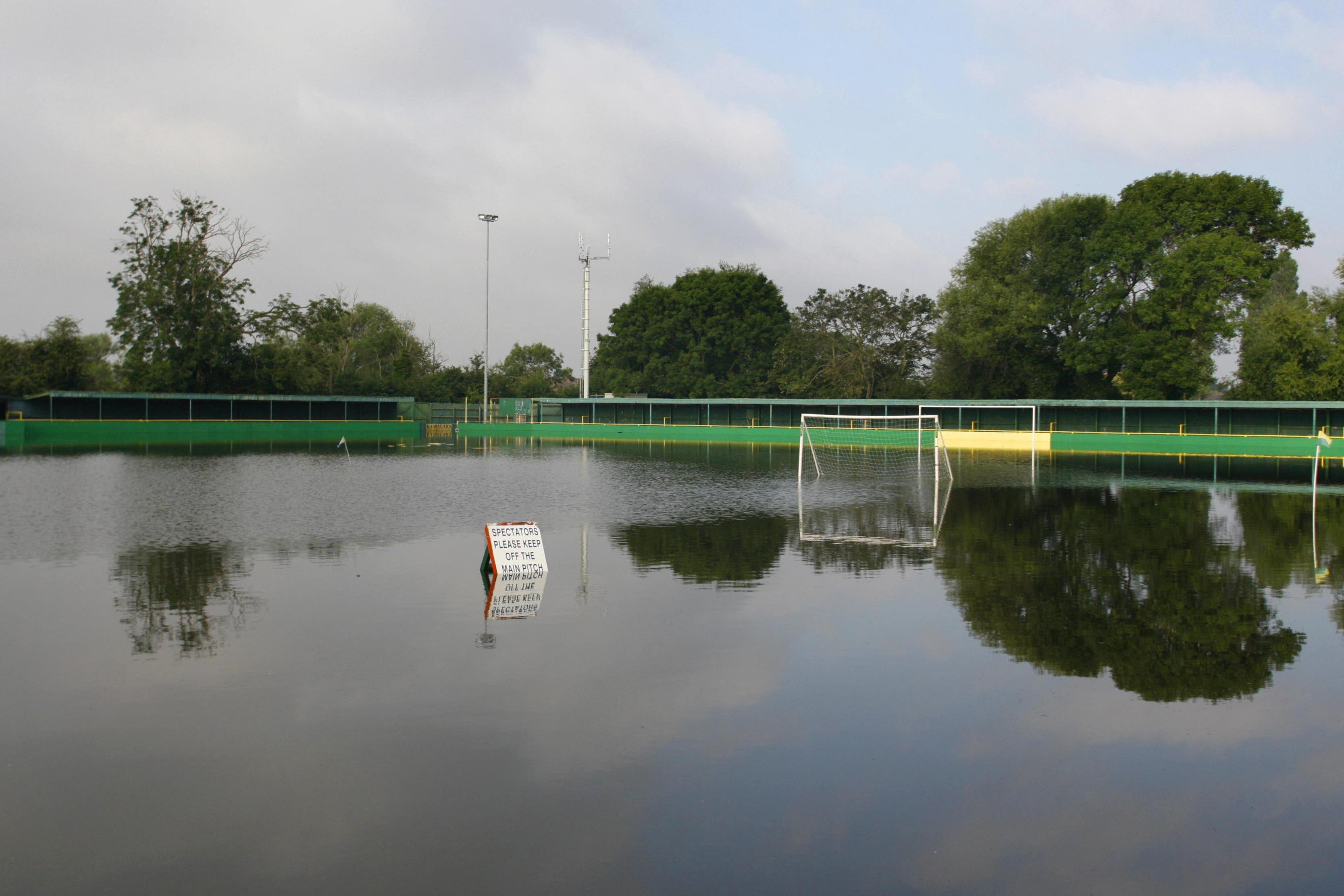Climate change disrupting grassroots sport, report finds
More than 130,000 cricket overs have been stopped in the last decade because of extreme weather.

Your support helps us to tell the story
From reproductive rights to climate change to Big Tech, The Independent is on the ground when the story is developing. Whether it's investigating the financials of Elon Musk's pro-Trump PAC or producing our latest documentary, 'The A Word', which shines a light on the American women fighting for reproductive rights, we know how important it is to parse out the facts from the messaging.
At such a critical moment in US history, we need reporters on the ground. Your donation allows us to keep sending journalists to speak to both sides of the story.
The Independent is trusted by Americans across the entire political spectrum. And unlike many other quality news outlets, we choose not to lock Americans out of our reporting and analysis with paywalls. We believe quality journalism should be available to everyone, paid for by those who can afford it.
Your support makes all the difference.Climate change is threatening to disrupt grassroots sport in the UK by forcing games to be postponed, which could lead to fewer athletes and fans wanting to take part, a report has found.
Extreme weather has prevented more than 130,000 cricket overs from going ahead in the past decade, while sports clubs and events are themselves producing emissions contributing to the increasingly severe heatwaves and downpours stopping games, analysts from the British Association of Sustainable Sport (Basis) said.
Five named storms have already hit the UK this winter season, with Storm Babet cancelling all but two games in the top tier of Scottish football on October 21, while a golf club in Swansea was flooded in September for the second time in three years.
The UK has already warmed on average by 1.4C since 1884, said Professor Ed Hawkins, a climate scientist from the University of Reading.
Climate change is an existential threat to the planet, and as a sport and physical activity sector we are intrinsically connected
Writing in the Basis report, he said the UK will continue getting warmer and wetter, with more intense downpours during the autumn and winter and more extreme heatwaves in the summer.
The rising sea level, which has already increased by 20cm around the UK, will expose more coastal grounds and pitches to more frequent flooding.
On January 1 2023, North Yorkshire’s Whitby Town FC, which is metres from the sea, was forced to postpone a local derby, at a substantial financial cost, because of heavy rain, Basis said.
Chris Boardman, Sport England chairman, said: “Climate change is an existential threat to the planet, and as a sport and physical activity sector we are intrinsically connected.
“Whether it’s flooded pitches, water quality or extreme heat, few things have such an ability to depress physical activity nor widen equality of access than a heating world.”
Clubs in the lower football leagues, like Whitby Town, are less able to cope with extreme weather because they have fewer resources to protect their grounds.
Research from the Climate Coalition in 2021 found that around 62,500 amateur football matches were being cancelled or delayed through extreme weather each year.
In a poll commissioned by not-for-profit Round Our Way for the Basis report, 40% of football spectators and players said they have experienced weather extremes associated with climate change in the past year.
This figure rose to 60% for fans and players in cricket and 64% in golf.
It also found that 63% of people said they would back a new independent football regulator that would consider the impact of climate change on football and that the Football Association, Premier League and English Football League should enforce climate action in the sport.
The more games are called off, the more likely it is that players will lose interest in playing the sport
The Basis report authors want better data collection on the impacts of climate change on UK sport and more funding to help clubs adapt to the changing conditions, as well as a partnership between all governing bodies that would enable better co-operation towards mitigating the impact.
Women’s Cricket World Cup winner Tammy Beaumont said: “Beyond just the loss of missed games in the immediate term, we’re risking longer-term impacts on sport too.
“The more games are called off, the more likely it is that players will lose interest in playing the sport.
“If the cricket season is spent mainly watching it rain or playing on dry, poor wickets, players may leave the sport for a game they get more opportunity in – or stop sport altogether.”
Roger Harding, director of Round Our Way, said: “Every cancelled game is a lost opportunity to bring people together, keep people fit and make some money to keep clubs afloat.
“Sadly this is one of the ways climate change is really starting to bite in the UK, and it often hits working class communities hardest.”